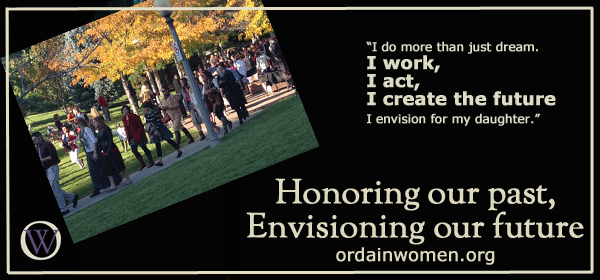I am the eldest of five girls, and even as a young child, I was aware—each time a new sister was born—of people wondering if my parents would keep trying until they “got it right” (i.e., had a boy). And while a boy did eventually arrive (and let the record show, he is the most amazing li’l brother in the history of li’l brothers), my parents, and especially my father, were quick, not just to correct the questioner—they liked their daughters just fine, thank you very much—but to show us how important we were.
As the daughter of a mother who fears feminism, this was, ironically, my introduction to feminism. However, it was the words of my father that stuck with me as I grew and now have a daughter of my own. I don’t remember my age at the time, but I distinctly remember him telling me that just because we were girls didn’t mean he couldn’t do the things with us that he would have done with a son. So we went camping, fishing, hiking. We played, and he coached, t-ball and soft ball. My next youngest sister and I played indoor soccer at our local YMCA. In fact, sports are still a big part of my youngest siblings’ lives. I loved that my parents didn’t raise us with the assumption that we were “just girls.”
It is from this beginning that I envision the future for my daughter. On my side, she is the only grandchild (and, as such, is properly spoiled). But on my husband’s side she is one of 26 grandchildren, 16 of which are female—a fairly recent trend in a family formerly dominated by males. Her daddy’s side is pretty much the polar opposite of mine: There is a heavy expectation of patriarchy and “traditional” gender roles. It’s been a bumpy ride, to say the least, but it has also been an educational experience.
Before I met, and then married, my husband, my parent’s attitude toward patriarchy and expected female roles was all I’d known. And even though they weren’t entirely egalitarian, they were still progressive for a Mormon family. My marriage was a major eye opener, not just regarding our familial upbringings, but the expectations placed upon us by our religious and secular societies. And these lessons became all the more important when our daughter was born. It was not enough that my husband and I were continually refining an egalitarian marriage and home, because she would soon experience the pressures of her broader secular and religious communities. How can I help shape her experiences outside the safety of our home? She is still young, but that won’t last much longer. So, I dream:
I dream of a future where she is respected for who she is and what she can do.
I dream of a future where she is not defined by her ability (or not) to bear children.
I dream of a future where she is compensated equally for her work.
I dream of a future where her religious and secular worlds are egalitarian.
I dream of a future where her choices as a woman are respected.
I dream of a future where she is the absolute authority on what happens to her body.
I dream of a future where her reproductive rights are not placed in the hands of corporations, political groups, or men.
I dream of a world where her ability to serve her God is not limited by her gender.
I dream of a future where her worth is not tied to a man.
I dream of a future where men are not intimidated by a strong and powerful woman. (And I certainly hope she is such a woman!)
I dream of these things, and so, so much more. But I do more than just dream. I work. I act. I create the future I envision for my daughter. And though there is so much to be done, more than I may be able to do in my lifetime, I know that I am raising a daughter who will continue the work. Maybe her daughter will live in that future I dream of.
Honoring our past, envisioning our future
Ordain Women
M’lisa Martínez Glyndŵr, the author of this post, has a profile on Ordain Women.






